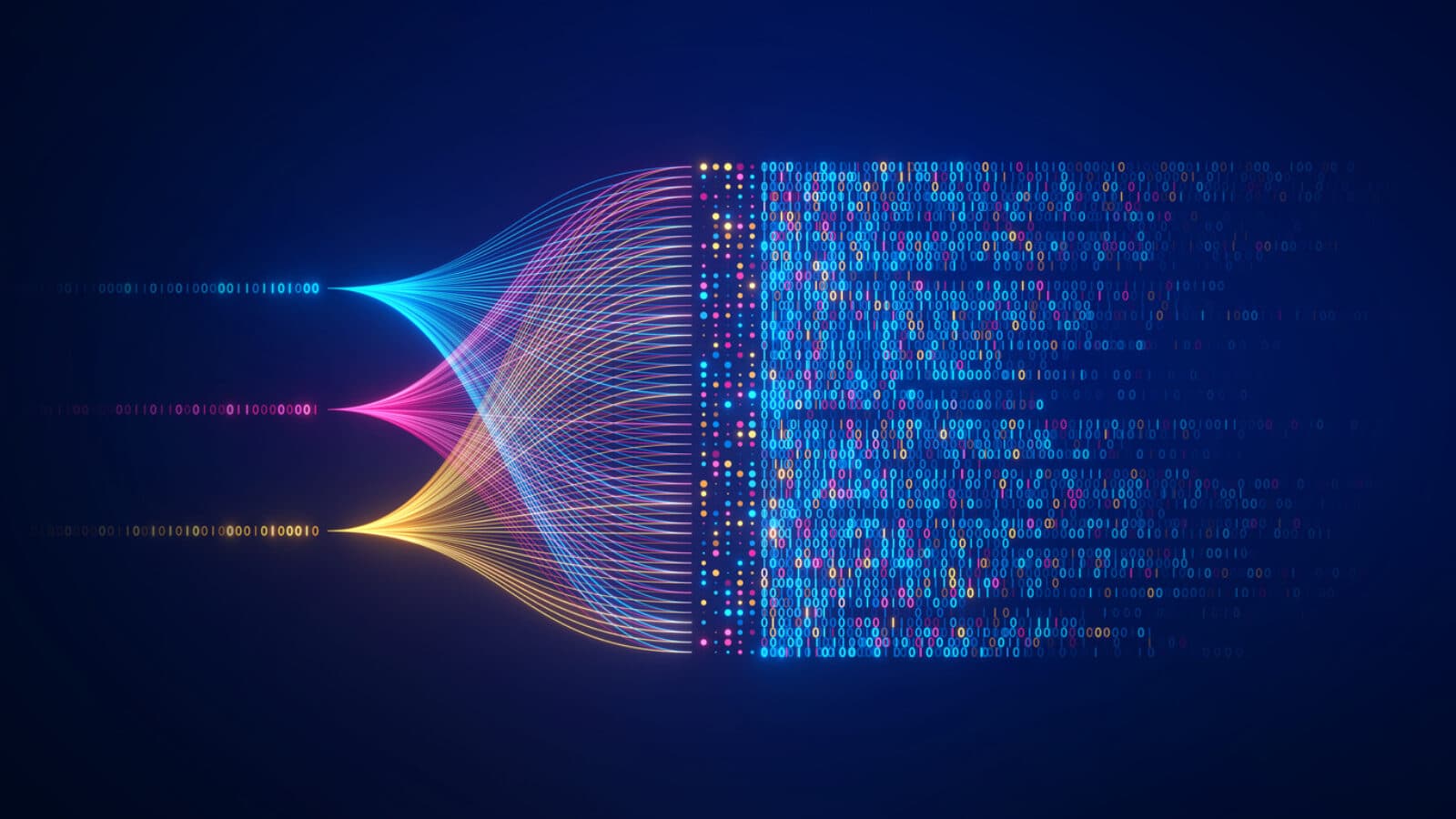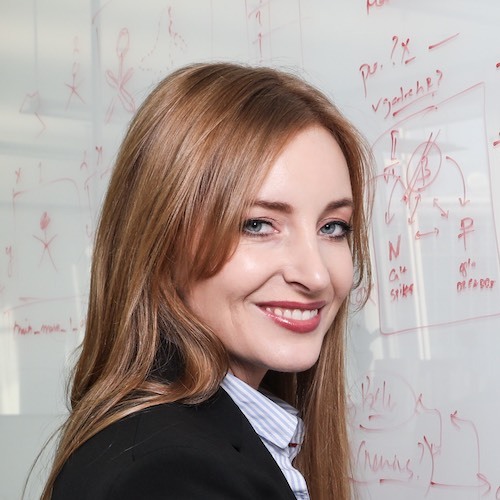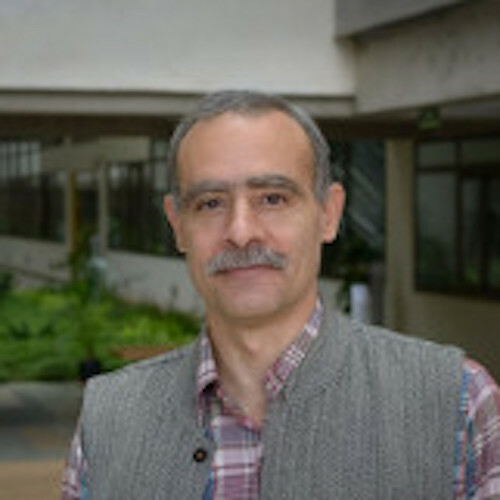Empowering Neuroscience through Open-Source Software
Announcing Kavli supported 2024 Essential Open-Source Software for Science Awardees

The Kavli Foundation is proud to partner with the Chan Zuckerberg Initiative, Wellcome Trust and the Research Software Alliance on the Essential Open-Source Software for Science (EOSS) grant program. Open-source software designed for scientists is critical to the research enterprise, yet often lacks sufficient support. In neuroscience, research software can be as important as instrumentation to help neuroscientists develop tools that will drive discovery. This is why The Kavli Foundation has an Open Data in Neuroscience program area, and as part of that program, will fund two software platforms through the EOSS collaboration.
“We recognize the important role of technology, including software, in driving innovation in scientific research globally,” said Dr. Stephanie Albin, program officer at The Kavli Foundation. “I’m excited that Kavli will be supporting impactful software projects that benefit the global neuroscience community through this partnership.”
The outstanding recipients of Kavli-supported international EOSS awards are:

Dr. Mackenzie Mathis, Assistant Professor at the Swiss Federal Institute of Technology in Lausanne, Switzerland for her project Next-generation movement monitoring with the DeepLabCut ecosystem
Dr. Mathis is the co-lead developer of the DeepLabCut software toolkit used by thousands of researchers around the world to track an animal’s motion. This grant to support Dr. Mathis’ work will not only advance the capabilities of this widely used application, but also expand the DeepLabCut AI Residency program which helps early-career researchers from under-represented groups gain expertise.

Dr. Upinder S. Bhalla, Professor at the National Centre for Biological Sciences in Bangalore, India, for his project Enhancing Interoperability, UI and Documentation of MOOSE
Dr. Bhalla is the primary architect of the Multiscale Object-Oriented Simulation Environment (MOOSE), designed to simulate neural systems across scales - from biochemical reactions in an individual cell to large multi-neuron network models. This grant will allow Dr. Bhalla to enhance the existing software package and support outreach and training activities, ultimately making computational modeling more accessible to researchers and students globally.